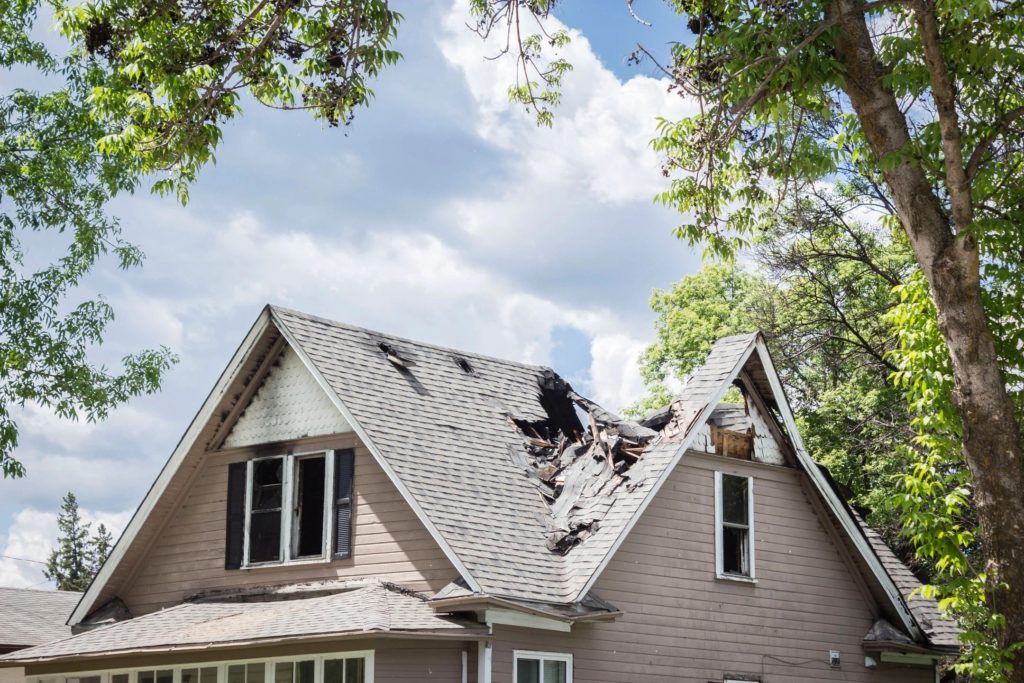
Advantages of Paying Cash for a Home
One of the primary advantages of purchasing a home with cash is the expedited closing process. Normally, it takes approximately four weeks to finalize a home sale. However, if you are buying with cash and without a lender, the closing can occur in as little as a week. This swift transaction can benefit both the buyer and the seller by facilitating a prompt and efficient exchange of ownership.
Another advantage of paying cash is the elimination of contingencies. Mortgages can fall through for buyers who are preapproved, but when you pay in cash, you remove that possibility. A cash offer removes the need for a financing contingency, which is usually a requirement in real estate transactions involving bank financing. This can make your offer more appealing to sellers, who may be willing to accept a lower purchase price in exchange for a quick and hassle-free closing.
Additionally, when you buy a house in cash, you own it outright. This means that you don’t have to worry about the bank taking your home if you fall behind on payments, and you have the security of knowing that your home is truly yours.
Disadvantages of Paying Cash for a Home
One downside of paying cash for a home is that you tie up a large portion of your funds in one investment. The money you use to buy your house isn’t easily accessible, so if you need cash for other purposes, you may have to sell your home to access it. This can limit your financial flexibility and prevent you from investing in other potentially lucrative assets.
Another disadvantage is the lack of tax deductions. Buyers who use a mortgage to purchase a home can benefit from tax breaks on mortgage interest payments, which can result in significant savings over time. By paying cash for a home, you miss out on these tax deductions, which can be a significant financial loss in the long run.
The Bottom Line: Paying cash for a home has its pros and cons. The primary advantage of buying a home outright with cash is the ability to expedite the purchasing process, bypassing the need for mortgage approval and potential delays. This can provide buyers with a competitive edge in a fast-paced real estate market. Additionally, purchasing a home with cash can eliminate interest payments and potentially save thousands of dollars in the long run. On the other hand, tying up a large sum of money in a single asset can limit liquidity and diversification opportunities. It also requires careful financial planning to ensure that adequate funds remain available for emergencies or other investments. Ultimately, whether paying cash for a home is the right decision depends on individual financial circumstances and goals.

 See Our National Coverage Map
See Our National Coverage Map






